Iliff Richardson’s efforts against the Japanese in the Philippines were so impressive that he earned medals from both the Army and Navy
- By Travis Pike
Share This Article
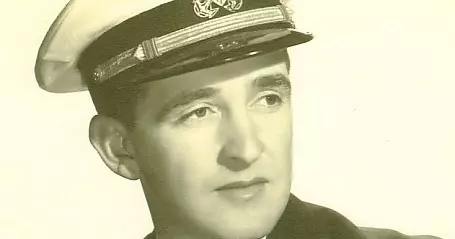
Iliff David Richardson lived a fascinating life but one largely untouched by fame or glory. There has never been a modern movie made about his life and the only book ever written about him, American Guerilla, is long out of print. However, Iliff Richardson’s accomplishments during World War II were invaluable for the Allied effort.
The Philippines are overrun by Japan
Just before WWII, the Phillippines were semi-autonomous but controlled by the United States. They were home to numerous important military bases and were invaluable for launching potential attacks on Japan. The Japanese attacked the Philippines a mere nine hours after attacking Pearl Harbor.
During the attack, Iliff’s ship was hit by Japanese fighters in Ceby City and was effectively destroyed. They lost a good portion of their crew and by the time they had time to arrange for funerals, Bataan had fallen followed soon by the rest of the Philippines. Iliff watched the Japanese land and aided in burning Bataan to leave no supplies or comforts for the enemy. From there he fled by car, then on foot.
Eventually, he met with an American Army unit and found that Del Monte Airfield had been taken. With place else to go, he used some money to purchase a small ship and set sail with 11 other Americans towards Australia, but after only 200 miles, his ship sank. He and another man swam for 19 hours until they reached a fishing village that dispatched boats to rescue his comrades.
Related: Nobuo Fujita: The only Japanese pilot to bomb mainland America during WWII
Guerilla groups start forming to fight the Japanese
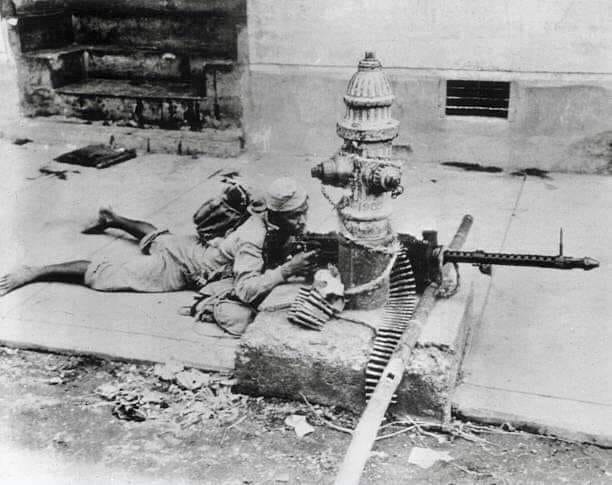
He returned to the Philippines and had a relatively quiet summer. But in September 1942, armed resistance to the Japanese occupation began by a number of separate guerilla bands.
Richardson didn’t immediately join the guerillas as he couldn’t tell which group was competent enough, so in the beginning, he remained hidden. He later met Colonel Wendell Fertig in Malitbog, who was working to unify and organize the guerillas.
American intelligence had realized that not all the guerilla forces were honorable. However, if Fertig could unify them, General McArthur would recognize them and provide them aid. Iliff Richardson joined Colonel Ruperto Kangleon’s forces.
Related: The bravery of a Marine guerrilla in World War II
Iliff Richardson and his contribution to the resistance
Iliff worked to unite the guerillas and began putting Colonel Kangleon in touch with other bands. He delivered letters and was seemingly a liaison to the guerillas. Calling upon his experience as a ham-radio operator, he then worked with a man named Chick Parsons to set up radio stations to improve communications and provide intelligence on the Japanese forces. He also helped establish a telegraph system and weather stations which allowed for coordinated attacks against the Japanese and fed vital information to the Navy.
Iliff Richardson hopped around the Philippines. His efforts to improve communications helped unite the guerillas, and by 1943 they received U.S. aid and supplies, including a master radio set. By 1944, Kangleon’s forces had launched an offensive against the Japanese.
Richardson’s efforts might not seem as heroic as charging the Japanese lines, but everywhere he was, he was in danger. His work involved being smart, traveling light, and facing the threat of Japanese execution around every bend and he ultimately helped turn the tide against the Japanese in the Philippines.
Related: This incredible World War II hero was the first Navy SEAL
An end to be seen
During the Battle of Leyte in October 1944, Richardson hitched a ride on a destroyer and arrived at the USS Nashville. There he met General Douglas MacArthur who recognized his work by making him a major in the Army, meaning he had commissions in both the Army and Navy!
(Highlighting the uniqueness of his double commission, he was accused of drawing pay from both the Army and Navy and given four notices of court-martial.) Iliff Richardson would become the only person to receive consecutive medals from the Army and the Navy.
He was promoted to lieutenant and went home as the war ended. He married and lived in Texas. He sold life insurance, acted as a technical advisor, and even produced slam-fire shotguns based on his experience in the war. He passed away in 2001 at the age of 83. His courage was a testament to the American fighting spirit.
Read more from Sandboxx News
- This former Marine Cobra pilot saw combat in Afghanistan. Now, she’s commanding her first space mission
- Operation Acid Gambit: Panama, Noriega, and a CIA man
- TR-3B: Does America have a reverse-engineered UFO?
- B-21 Raider powers up, prepares for first flight later this year
- Music and war: 4 songs that forever bring me back to Afghanistan
Related Posts
Sandboxx News Merch
-

‘AirPower’ Classic Hoodie
$46.00 – $48.00 Select options This product has multiple variants. The options may be chosen on the product page -

‘Sandboxx News’ Trucker Cap
$27.00 Select options This product has multiple variants. The options may be chosen on the product page -
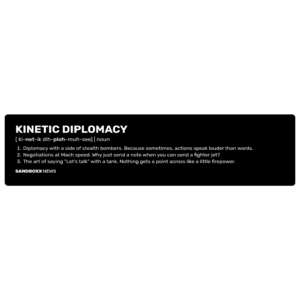
‘Kinetic Diplomacy’ Bumper Sticker (Black)
$8.00 Add to cart

Travis Pike
Travis Pike is a former Marine Machine gunner who served with 2nd Bn 2nd Marines for 5 years. He deployed in 2009 to Afghanistan and again in 2011 with the 22nd MEU(SOC) during a record-setting 11 months at sea. He’s trained with the Romanian Army, the Spanish Marines, the Emirate Marines, and the Afghan National Army. He serves as an NRA certified pistol instructor and teaches concealed carry classes.
Related to: Military History
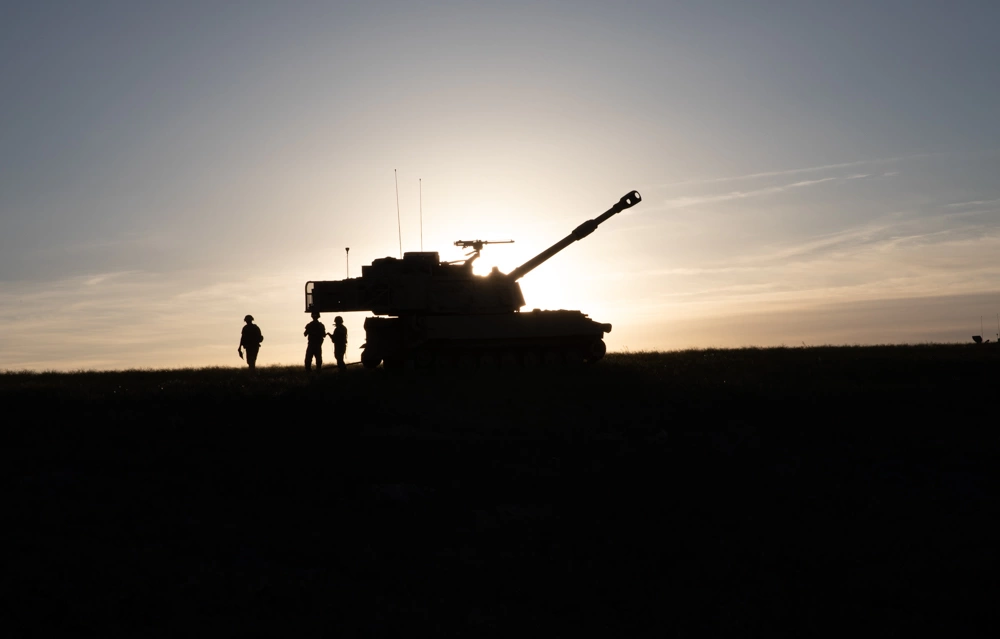
The unique world and uses of howitzers

How close are the Colonial Marines from ‘Aliens’ to actual Marines
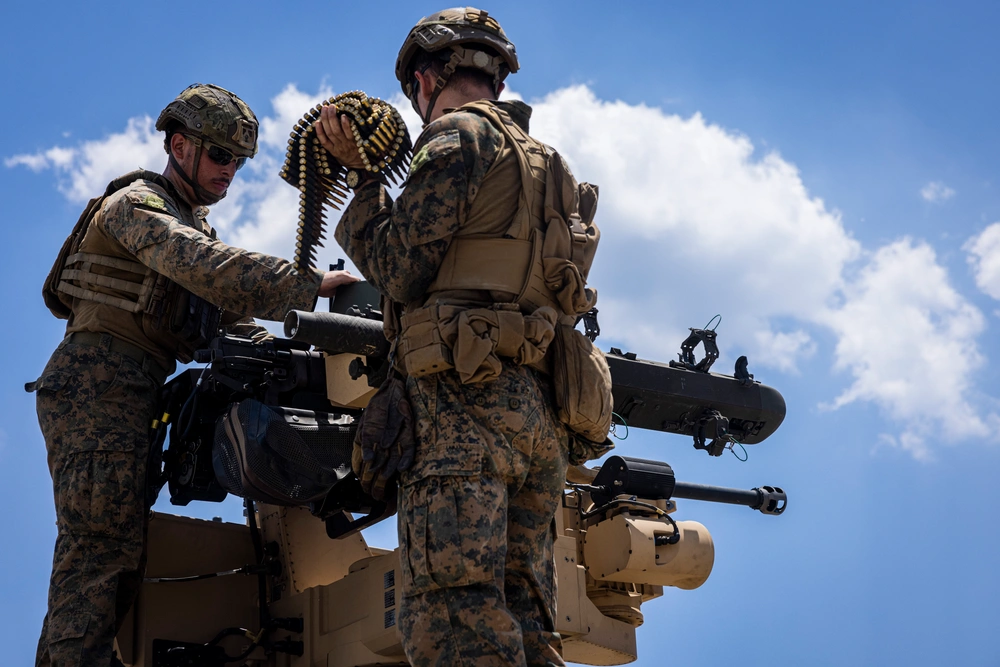
The Marines’ new air defense system is a game changer
Sandboxx News
-

‘Sandboxx News’ Trucker Cap
$27.00 Select options This product has multiple variants. The options may be chosen on the product page -

‘AirPower’ Classic Hoodie
$46.00 – $48.00 Select options This product has multiple variants. The options may be chosen on the product page -

‘AirPower’ Golf Rope Hat
$31.00 Select options This product has multiple variants. The options may be chosen on the product page -

‘Sandboxx News’ Dad Hat
$27.00 Select options This product has multiple variants. The options may be chosen on the product page
